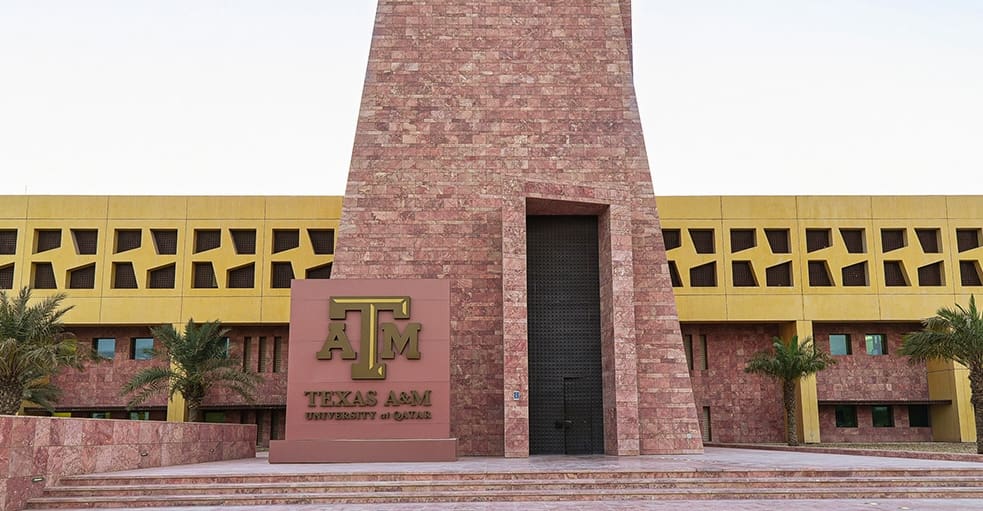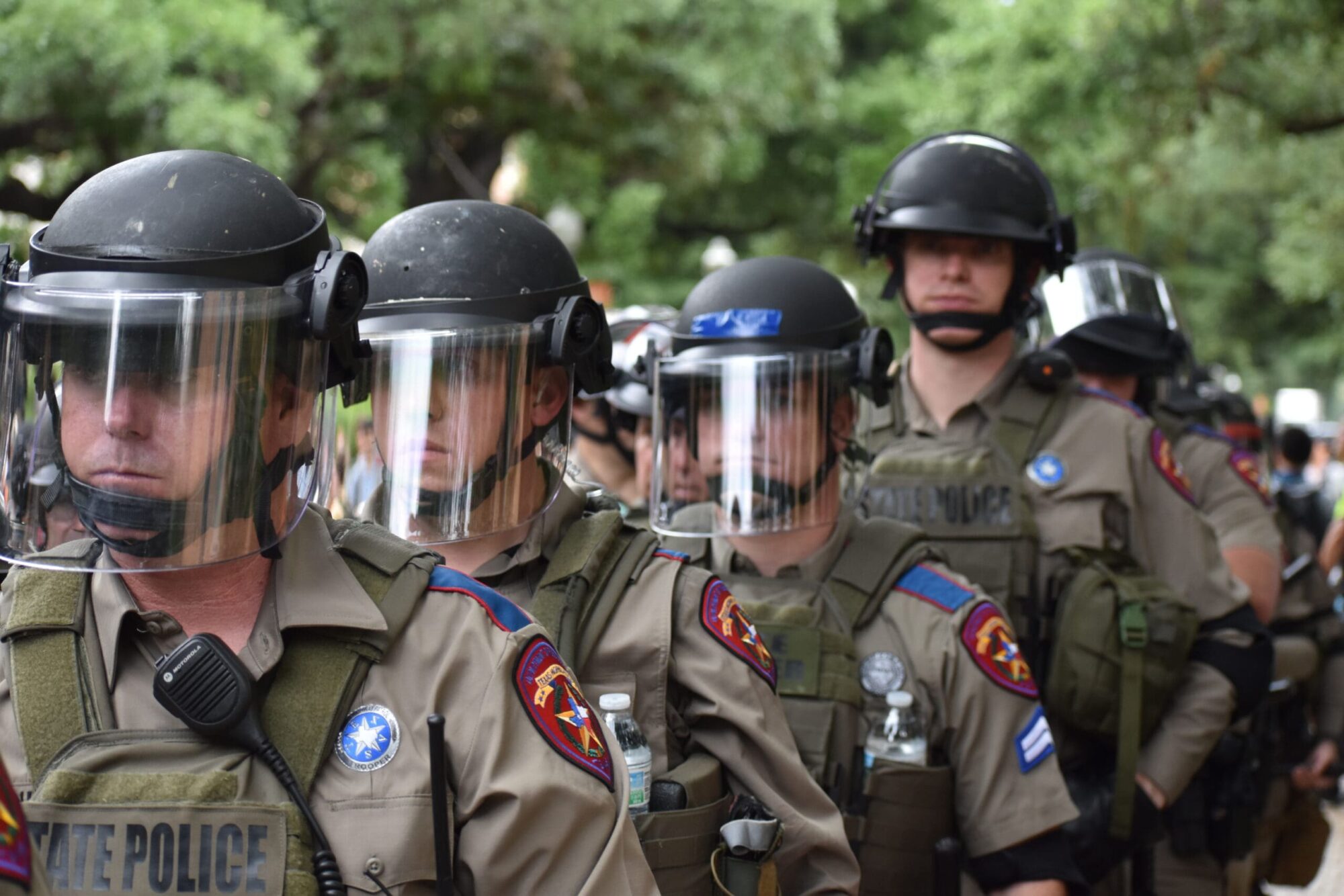A report released last week called into question Texas A&M’s protection of sensitive research, leading university President Mark Welsh to deny “leaking or compromising national security research.”
Now, the Institute for the Study of Global Antisemitism and Policy (ISGAP), which produced the report, says although Welsh dismissed some of their claims, “our comprehensive report details the confidential business-academic agreement granting the Qatar Regime unprecedented control over academic research, standards, faculty, students, access to personal information of staff and students, curriculum, and budgets at the university.”
The report in question was produced by ISGAP and revealed that Qatar’s funding of Texas A&M has resulted in full Qatari ownership of over 500 research projects.
According to the report,
Qatar has acquired full ownership of more than 500 research projects at Texas A&M, some of which are in highly sensitive fields such as nuclear science, artificial intelligence, cybersecurity, biotech robotics, and weapons development. Critically, the confidential business-academic agreement uncovered in the report indicates that Qatar has been granted unprecedented control over academic research and standards, faculty, students, curriculum, and budgets at Texas A&M – one of the largest universities in America and a senior military college which hosts sensitive nuclear and weapon development research.
Welsh has since denied that Qatar has access to nuclear research, stating, “Texas A&M at Qatar does not offer a nuclear engineering program or any classes on the subject.”
According to Welsh, “The research conducted at this campus [Qatar] focuses on energy, water and environment, carbon capture, smart manufacturing, artificial intelligence and machine learning, data science, and data analytics in the energy sector. Contrary to what these articles have implied, no nuclear technology, weapons/defense or national security research is conducted at this campus. Nor does the Qatar campus have any connection to nuclear reactor research done in Texas or the Los Alamos National Lab.”
Following Welsh’s statement, ISGAP Director Dr. Charles Asher Small said, “It is important to note that President Welsh did not dispute Qatar’s ownership of over 500 research projects, including their Intellectual Property and student information—we believe this is a critical point that requires further examination.”
“We therefore call for an urgent meeting with President Welsh to present the full findings and foster transparency in addressing the serious implications highlighted in our report,” said Small.
Since 2003 Texas A&M has operated a branch in the Middle Eastern country of Qatar that was set up through an agreement between Texas A&M and the Qatar Foundation for Education, Science, and Community Development, which has close links to the Qatar royal family.
Texas Scorecard asked TAMU for comment on ISGAP’s latest statement; they did not respond before publication.
No ads. No paywalls. No government grants. No corporate masters.
Just real news for real Texans.
Support Texas Scorecard to keep it that way!




